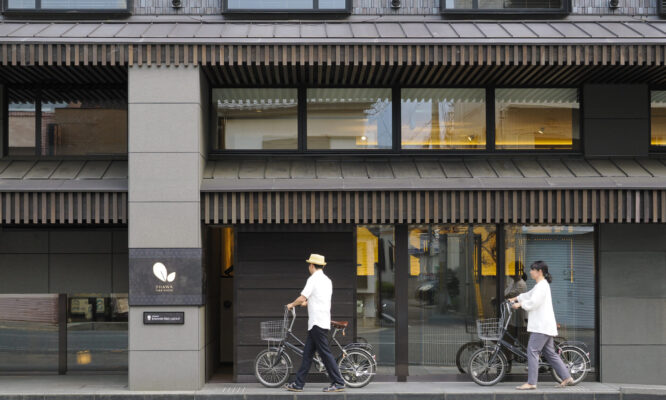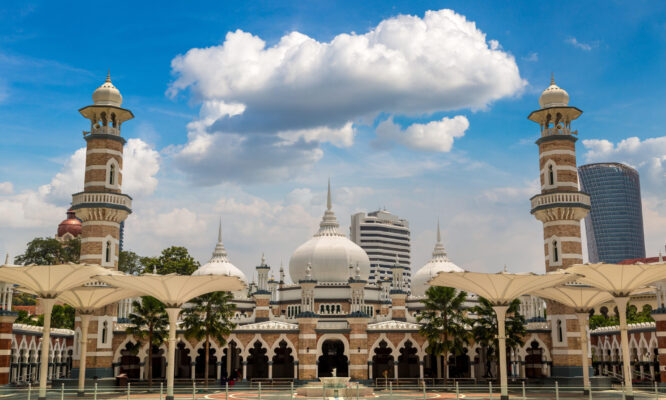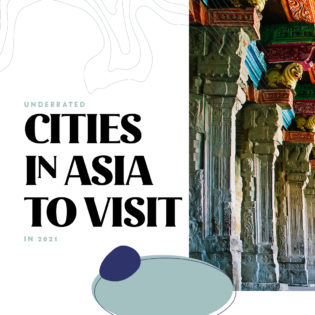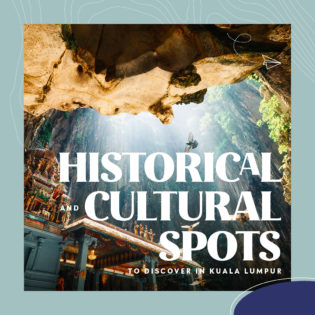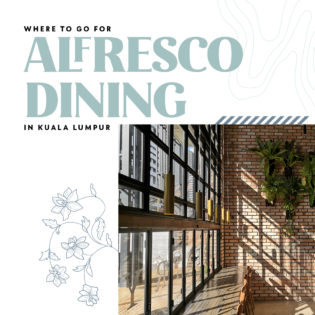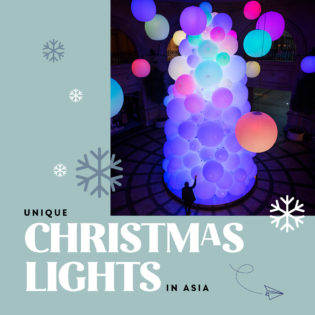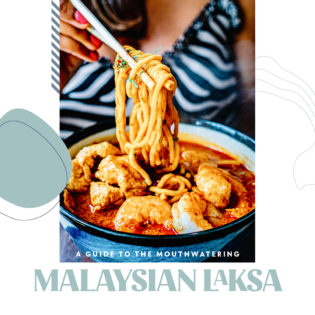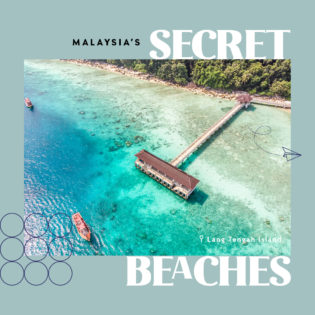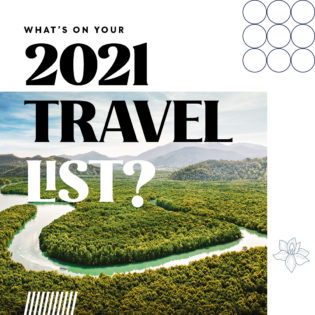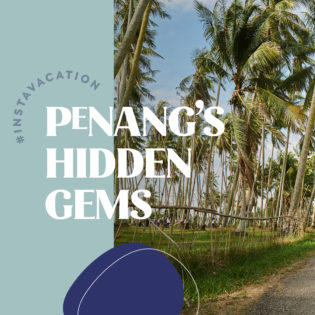Driven by his conscience to return the country to its people, Tun Dr Mahathir Mohamad, undeniably Malaysia’s most charismatic and loved statesman, is leading the nation for the second time around. Previously serving as prime minister from 1981 to 2003, his task now is mission critical. As Malaysia celebrates 56 years in existence, Tun M, as he is affectionately known, sits with Going Places for a wide-ranging discussion from what he eats for breakfast to being the world’s oldest prime minister at 94.
Photography SooPhye
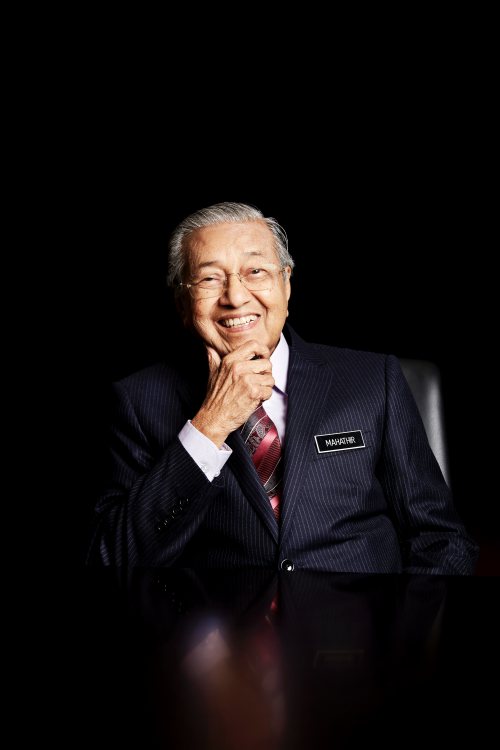
What is a typical day like for you?
I get up for prayers in the morning at about 6:30 am or so, then I have my bath, and after that, I have my breakfast. I eat one slice of bread. Sometimes with cheese, sometimes I dip it into curry.
What is your first drink in the morning?
I have coffee. I drink coffee before 1:00 pm because any coffee after that, I cannot sleep. So in the morning, I want to be awake.
Is that black coffee?
No, this is the 2-in-1. No sugar.
Is that the secret to your youthfulness?
Sugar is bad for everybody. Whether you are young or old, you should consume less sugar and less carbohydrates too.
RFP.InFeed.Default.run({“immediately”:true})
What is the secret to keeping your mind sharp and your stamina up?
Use it. But sometimes people tend to want to lie down and sleep because they are old and tired. That’s when they don’t use their brain because they don’t think, they don’t read, they don’t write, they don’t argue, and they don’t talk. Like all things, even your muscles, if you don’t use, it becomes flabby. If you always read, converse with others, then the mind is active. When it is active, it will be able to store all the information and you can recall. But if you don’t, then of course you cannot recall, for instance, words.
And in the digital world we now live in, we are constantly on our devices. We don’t really read books anymore. What is your view on this?
I still read books. I read story books. I read something every day. Of course, I read my papers too. When you read, the words that are there get recalled all the time and that’s how you remember. It’s like seeing somebody frequently and seeing that person once every three or four years. Sometimes, you cannot remember his name or recognise him.
Tun, we will celebrate the 56th year of the establishment of the federation of Malaysia on 16 September. You were 38 years old in 1963. What were your thoughts then of the Malaysia you would like to see, and the Malaysia it has become?
When we were striving for independence, we didn’t think much of developing the country. All we wanted was to be able to rule the country ourselves and to determine our future through our own governance. That was all.
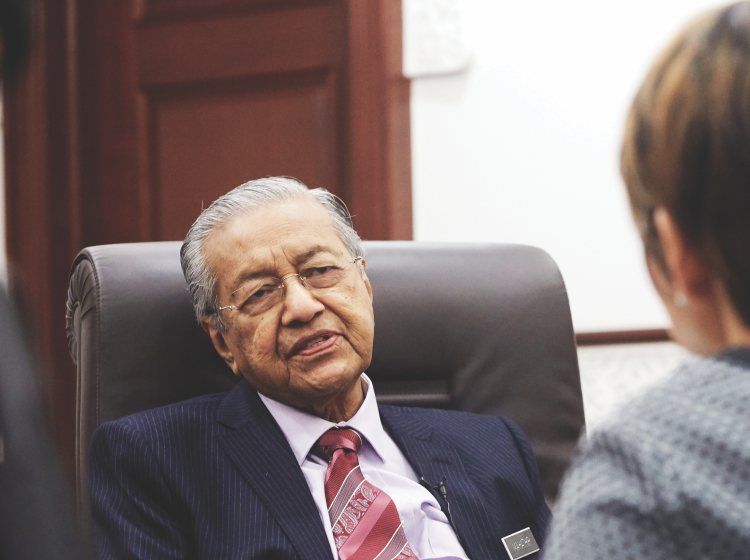
Was there a strategy on how to build a young Malaysia?
Under the British rule, the people did not have much, but they didn’t complain much either then. It was only after the Independence that they began to think that the government should do more for them. One of the things the government realised very early on was that the people were landless. There were no factories to employ people in those days. The only way to earn a living was to have land to grow paddy and rubber and so on. So people went into the jungle to chop down trees to plant rubber, but many of them died from malaria. The government then decided to step in. They announced they would implement the FELDA scheme. They would clear the forests, plant rubber and then invite the pioneers to come in. From then on, the people began to think that the government can do something for them, and since we were a democratic country and we wanted to be popular, we started giving things to the people. Then the electorate realised that their votes were very important and they could use their voting strength to force the government to give them things. So over time, they began to demand for more. They wanted mosques to be built, they wanted roads, they wanted electricity and water supply.
So we are where we are today. Does it sadden you that you have to come out of retirement to save the day, so to speak?
When I retired in 2003, I thought I would never come back again. I wanted to rest, maybe write books. But one week after I stepped down, the new government reneged on what they promised to do. They had promised during our Cabinet meetings that they will continue with the railway project, the bridge to Singapore and other things. Because of this, many people were unhappy. So they came to see me. They said, please do something – those were their famous words. I asked them, what can I do? I’m not the prime minister anymore. But they insisted that I do something. I did try to contact the government to advise them, but to no effect.
Do you relish being the world’s oldest prime minister?
I would like to be a young prime minister, but the fact is, I am old. Fortunately for me, I can still function, and people trust me and want me to lead. So I am responding to the demands of the people and the (then) opposition party. They chose me to lead them. Before, they used to criticise me – called me a dictator – but it was they who proposed that I should lead the (Pakatan Harapan coalition).
What keeps you awake at night?
There are matters that I worry about. Sometimes it takes some time to fall asleep because I’m thinking about how I can resolve them. Or if I have to make a speech the next day, I have to think of what I want to say.
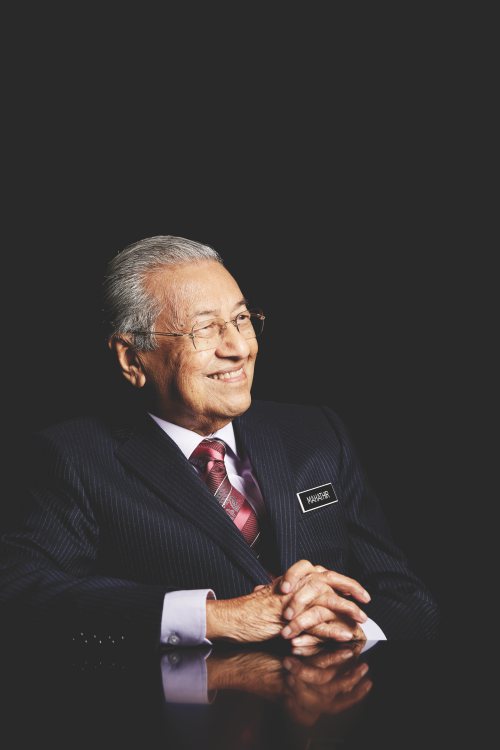
With the issues youth today face, what do you hope they will inherit in their adulthood?
Today’s youth are under less pressure than the youth of my time. Youth of my time were all very poor. All we wanted to do was to study, and if possible, to go to the university to improve our earning capacity. When I was in the medical college, there were only seven Malays in the group of more than 70 students. But nowadays, thousands of people get into universities with scholarships. So they take for granted that they can get what they want easily. Life is easy now because people have more money. Some of the youth, when their parents give them money, they buy motorcycles. Then instead of putting the motorcycles to good use, they perform stunts on their motorcycles and become mat rempits.
Malaysia’s economy appears to be in need of a huge boost. FDIs are low. The stock market has been underperforming for quite a number of years. Will we continue to rely on oil production, palm oil and consumer spending to sustain growth?
You know, with palm oil and rubber, we didn’t do the right thing. We find that people with two to three acres of land trying to make a living out of planting rubber and oil palm cannot make a living out of it. The British opened up 10,000-20,000 acres for the big players and they are the ones making the money. The small players are not making much money. So now we are relooking our strategy on agriculture. In the case of industries, we decided to do this through FDIs to create jobs for the people. But the industries that can provide better incomes are the IT and new tech sectors. So our people had to adapt and to reskill in order to serve in these new sectors. Our local companies now have the capability to produce microchips where before they were mostly produced by foreign companies. We want to go into AI (artificial intelligence), but it will take some time to materialise. There are many investment proposals, but we have to provide the necessary workforce too. We want our people to be conversant with new technologies so that they can serve in these new industries. There have been very big investments in Malaysia, about RM30 billion (USD7.3 billion) a year, but somehow, they don’t seem to get reported (in the media).
Talent has been an issue in Malaysia. Is this also a concern for your government?
We have talent, but we have to create jobs for people who are talented. If you don’t have jobs that fit their qualifications, they will run away. We find, for example, the people we send to Korea or Japan (who) have come back after acquiring a lot of skills can’t find jobs. Because we don’t have the right jobs for them, they have gone back (overseas). Some have married and started families there. So we have to encourage investments in high-tech industries so that these highly qualified people can return to work and stay here.
How do you view tourism in Malaysia? Our travel and tourism do not appear to be as dynamic as some of our neighbouring countries; what are your plans to step that up?
We have too many bureaucratic procedures, which we have to reduce. And in some cases, we don’t appear to be very hospitable too. We find that in some countries, people are always smiling, they are very welcoming to tourists, but sometimes, Malaysians don’t behave like that. The government has built a lot of places of interest to attract tourists. Take the case of Langkawi. Previously it had 10,000 visitors a year, but now, it has 3.2 million because we have created a “product” and we are adding to the product. The government does not have enough money to do everything, for example, building theme parks. We hope the private sector will do that.
What is your fondest memory of flying with Malaysia Airlines?
Those days, I always flew with Malaysia Airlines. The food was good, and of course, being the prime minister, I get to fly in First Class.
Airlines like British Airways and Lufthansa have long ago separated from their governments. Is there still value in having a national carrier other than for patriotism or pride?
We can still have a national airline, but it does not necessarily have to be owned by the government. The days where there is a national airline for every country is over. Now you can have a number of airlines. One of those can be called a national airline because it carries the symbol (of the nation) but it can be operated by the private sector.
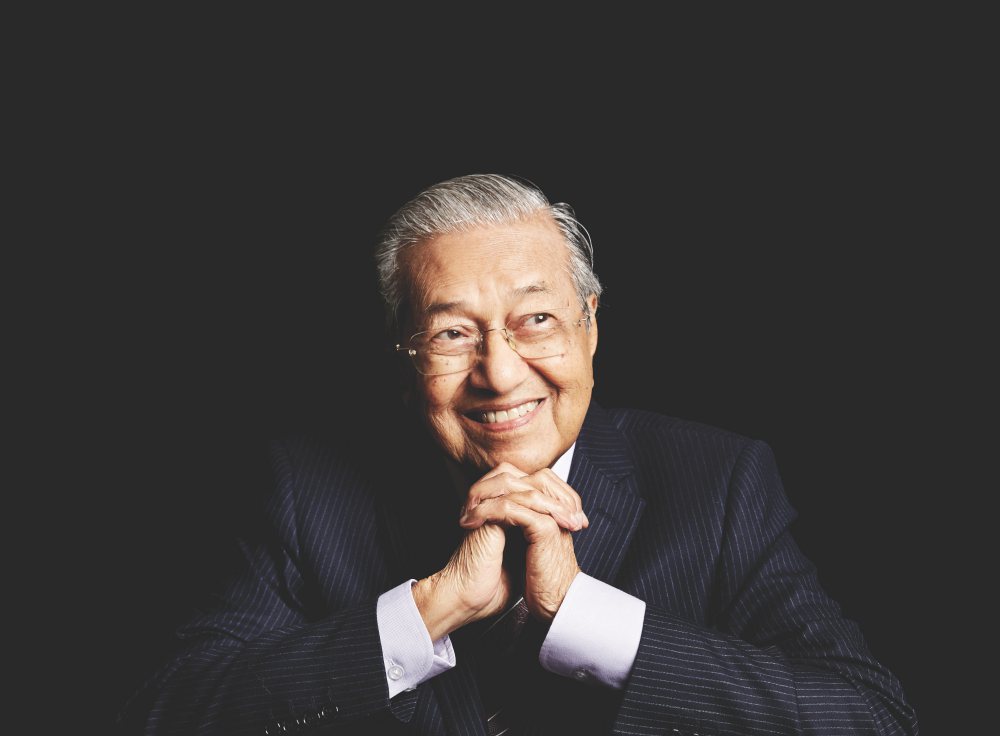
What is your wawasan (vision) for Malaysia by the time you hand over the reins to the next prime minister?
I hope I have resolved most of the debts that we owe. We took over more than RM1 trillion (USD243 billion) of debts (from the previous government). We have to reduce that. Percentage-wise, we have reduced it partly through growth. The other thing is I hope we have cleaned up the government. Lastly, we have to teach the people not to be too dependent on the government. Yes, we will do what have to do for the people, but they must also learn to be less dependent on us. If they are not earning enough, they have to increase their skills or increase their productivity. That is the way for the country to become wealthy. If you expect the government to subsidise you all the way, that won’t create wealth. It is a loss to the government.
Lastly, Tun, your marriage to Tun Siti is everyone’s relationship goal. What is your secret to building an enduring love?
Be tolerant. The wife is not perfect. You are not perfect. So both the wife and husband must tolerate the idiosyncrasies of one another. For example, I like to be on time. I always want to be punctual, but my wife is always late. At first, we quarrel, but after some time, I said she’s always going to be like that. So I have to put up with it, and she has to put up with me harassing her to “come, come, come, we’ve run out of time already.”
Tun M takes our quick-fire round questions.
- What is your most overused word? Work!
- What is your favourite activity to destress? Read.
- Best place you have been for a vacation. Fukuoka, Japan.
- What is the most expensive thing you have bought for yourself? When I was a medical practitioner, I bought a Pontiac, a huge American car. In those days, it only cost RM12,000. It was a six-seater and the front seat was a bench that can seat three people.
- What is your most treasured thing? My grandchildren.
- Who are your favourite authors? I read Wilbur Smith, Jeffrey Archer. These are the popular ones.
- Are you the sort who reads more than one book at a time? Yes, sometimes I read two books at the same time.
- What is the one thing you have always lived by? Working, I love to work.
- What is the quality you most like in a person? Honesty.
- What is the trait you most deplore in others? I dislike people who do not work hard.
- Three things you can’t live without. I can’t live without food. And I cannot be idle. I need to do something, keep myself occupied.
- What about your mobile phone? I don’t use my mobile phone very often. In fact, nobody knows my mobile number.
- Do you know your mobile number? I don’t.
- Something about you that people don’t know? I like to be alone, but my profession forces me to be with people. It (being the prime minister) is not something I like to do but I need to do.
- If a movie is made about you, how would you have it told? Tell the truth. Don’t embellish it or say, oh, he’s a great man. Tell the truth.
